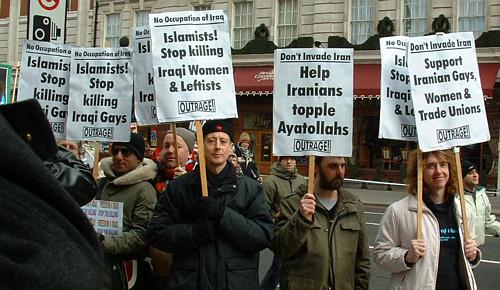- The One Laptop Per Child Project, recently pushed its price per laptop to $175, from $100.
But India's HRD ministry says it thinks it can push that price down to $10 — the manufacturing cost has already been scaled down to $47, reports the India Times.
It is also Indians who have forced down the costs of HIV/AIDS drugs to a level that developing countries, like Brazil, can afford. Hence prolonging many million of lives. - A recent Google study discovered "around 450,000 web pages that launched drive-by downloads of malicious programs. Another 700,000 pages launched downloads of suspicious software."
"We have started an effort to identify all web pages on the Internet that could potentially be malicious ... Web sites that have been identified as malicious, using our verification procedure, are labeled as potentially harmful when returned as a search result."
- The New York Times is performing a SEO trick to get it's archived content seen — everything's been redated.
Each “article” is re-purposed on a clean, CSS-driven text page, clearly dated TODAY and not-co-clearly labeled as “originally published” back in 1997, 1998, or whatever all the way back to 1981 .. Clearly if Google is going to rank “newly published” results as most relevant in a SERP, there is a nice big fat incentive to “re-publish” such archives fairly often.
- YouTube/Google is experimenting with text ads, running directly under videos. They've also announced they'll soon start sharing advertising revenue with content-creating users.
Next stage, user-generated viral advertising?
All of which should send Vivienne Reding, the European Commissioner whose TV Without Frontiers directive includes a ban on "falsely representing oneself as a consumer", back to the drawing board. Unfortunately, it's UK law from the end of the year.
- last.fm is launching a video service, using a much higher bitrate than YouTube. You could set up your own version of MTV (I'll stick to audio ... ) The eventual aim is to have every music video ever made!
- VeeSee TV is a new Web TV Station for deaf people, using BSL. Like Current TV, it'll carry user-generated content
Joe Trippi talks about why in his book, The Revolution Will Not Be Televised: Democracy, the Internet, and the Overthrow of Everything.
One of his followers commented in the wake of this battle:
The Dean campaign gave us simple instructions, "Speak for yourself. Don't speak for the campaign. But talk about why you're here, why YOU support Dean."
A local cable access channel was hosting a talk show on the candidates. They invited representatives from the various local campaign volunteer groups. I went for the Dean Meetup group in my county. There was a very articulate former reporter representing Clark supporters, and that was it. The Kerry group had agreed to send somebody, but had first checked with the campaign. The campaign said the volunteer would first have to drive 2 hours for a full day of media training before appearing on this small local TV show. The Dean campaign sent me an email telling me how to get local press coverage before I went to Iowa, while I was there, and when I got back. That was all the training I got. I never thought to ask the campaign for permission to be on TV. This was our campaign, and we all felt that.
I went on TV before, during, and after Iowa. When the talk show moderator asked about Dean's positions, I either replied with things I'd read in campaign literature, things I'd heard him say, or my own opinions--clearly stated as such.
Dean supporters started Meetup groups, websites, blogs, and listservs. They held visibility and other events and invited the media. Today I'm sure they would have started pages on MySpace and Facebook. As so many things did in that campaign, they belonged to us, and the campaign brought us in as fast as they could.
Only now, after more campaign experience with other candidates, do I realize how rare it was for a campaign to escape the clutches of the true chattering class, the political consultants.

































 @PubSecBloggers
@PubSecBloggers












